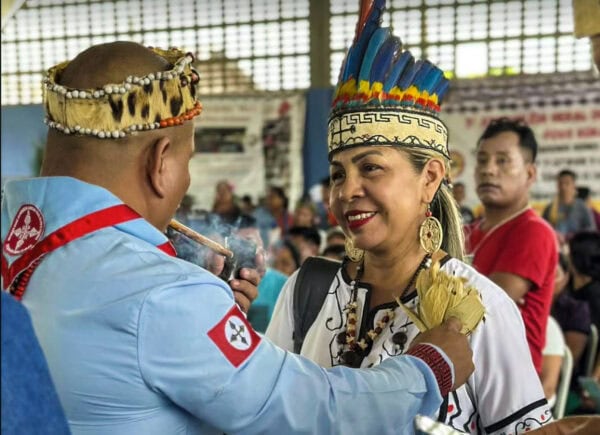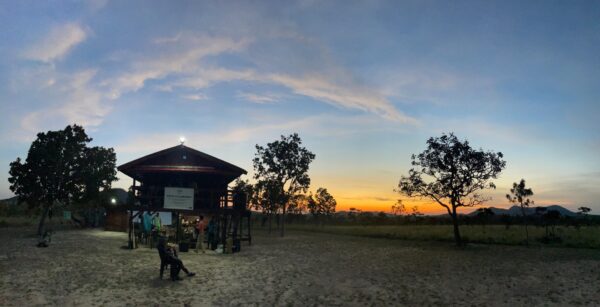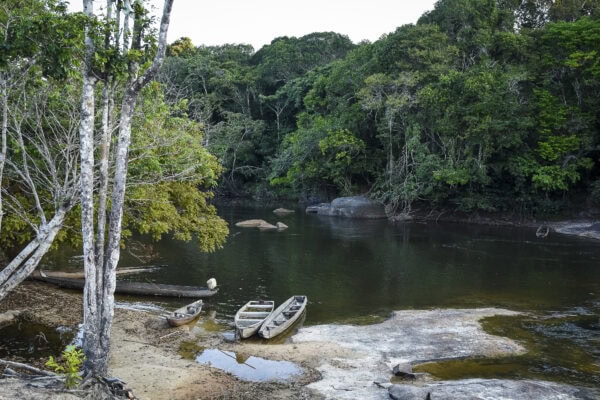The Amazon is burning. Parts of the Brazilian Amazon are experiencing unprecedented fires. Brazil’s National Institute for Space Research has reported a recent 84% increase in forest fires from the same period in 2018. Brazil’s largest city, Sao Paulo, experienced a blackout caused by smoke from the fires.
Ecosystems are being devastated and countless indigenous peoples are under siege, being displaced from the forests they have fought to guard and protect. The aftershocks to the global climate could be severe. Let us remember that the Amazon is a key player in water cycles worldwide, as far as China, India, and the U.S.
This is unprecedented, and reflects a global increase in forest destruction through fire, caused by two major factors: One, drought conditions exacerbated by increased deforestation. Two, intentional slash and burn clearing for agriculture and livestock raising.
This is not normal, and, like you, ACT sees enormous urgency in addressing these factors.
Study after study has proven that areas in the hands of indigenous peoples have some of the lowest rates of deforestation—sometimes even lower than national parks.
Hence, our mission is and always has been to partner with indigenous and other local communities to protect tropical forests and strengthen traditional culture, and the Amazon—the world’s largest rainforest, home to millions of species and an indispensable global carbon store—is the heart of our work.
While forest fire mitigation is not an ACT focus area, ACT has recently supported indigenous communities in northern Colombia with their fire recovery efforts. In recent years, ACT has also provided training in fire prevention and control to some of our partner communities in Suriname and Brazil.
We are intimately aware of the challenges involved, and we are setting up a fund to assist communities affected by the current large-scale blazes. We set up a similar fund after a landslide tragedy in Mocoa, Colombia in 2017, channeling resources to a grassroots women’s organization to support their regional recovery efforts.
The situation can feel overwhelming, as very few of us have either the opportunity or the means to directly influence policy, but we can still individually contribute in a meaningful way to the response to this global crisis.
Most obviously, we can build awareness of the problem in our own communities and well beyond. We can use whatever means we have to try to communicate to those in a position to do much more. And we can align ourselves with the many organizations whose missions address different aspects of the problem.
One of the world’s most famous activist quotes is certainly worth repeating here: “Never doubt that a small group of thoughtful, committed citizens can change the world; indeed, it’s the only thing that ever has.”
We encourage you to do as much as you can, even after these particular headlines have faded. We will do the same.
Photo Credit: Greenpeace
Share this post
Bring awareness to our projects and mission by sharing this post with your friends.




